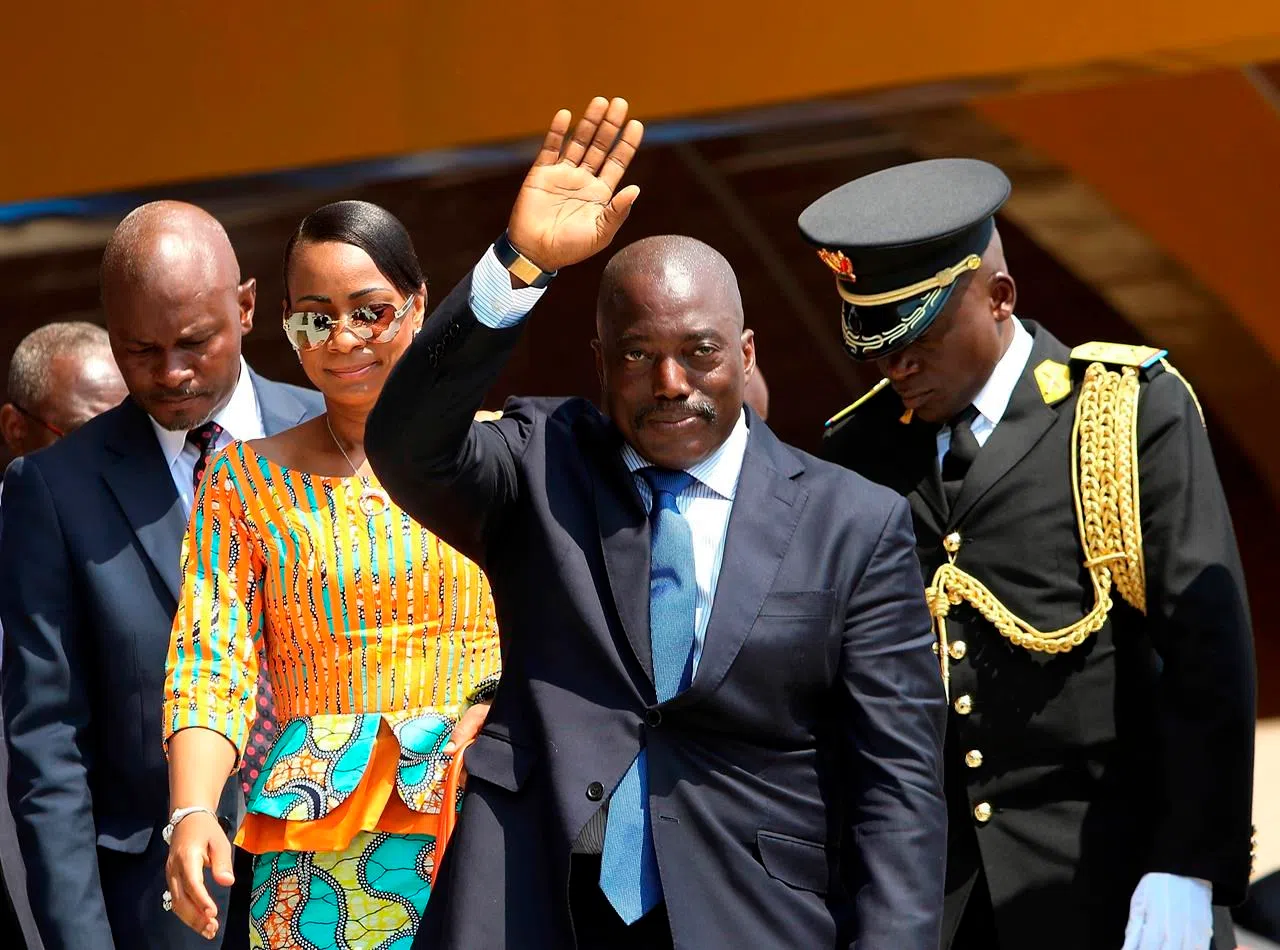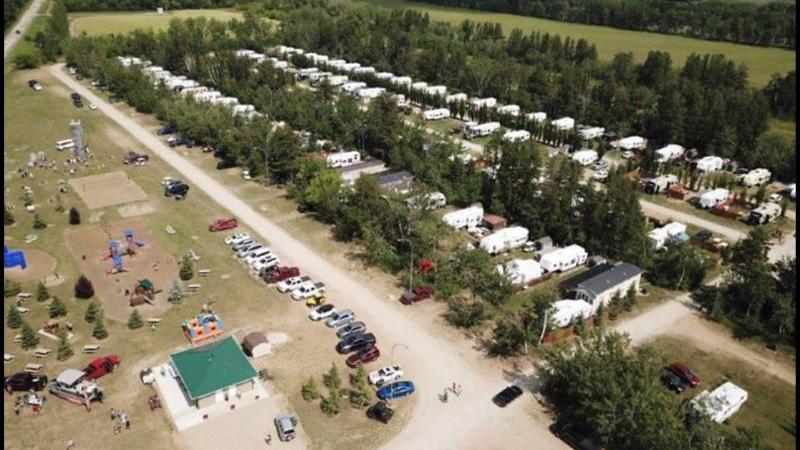
Congo president to leave after 2017 vote under new deal
KINSHASA, Congo — Political parties in Congo signed a deal late Saturday that calls for President Joseph Kabila to leave power after an election that now will be held by the end of next year instead of mid-2018 as his party originally proposed.
The New Year’s Eve agreement comes after months of unrest that left dozens dead and threatened to further destabilize the vast Central African nation with a painful history of dictatorship and civil war.
Catholic church officials had mediated talks to reach a compromise and initially imposed a Christmas deadline. The negotiations reached a stalemate, though, and resumed again Thursday under mounting pressure to avoid major violence amid opposition calls for Kabila to step down.
Officials announced that a deal had been reached Saturday evening on the major issues though representatives did not sign it until around 11 p.m. local time on New Year’s Eve.


